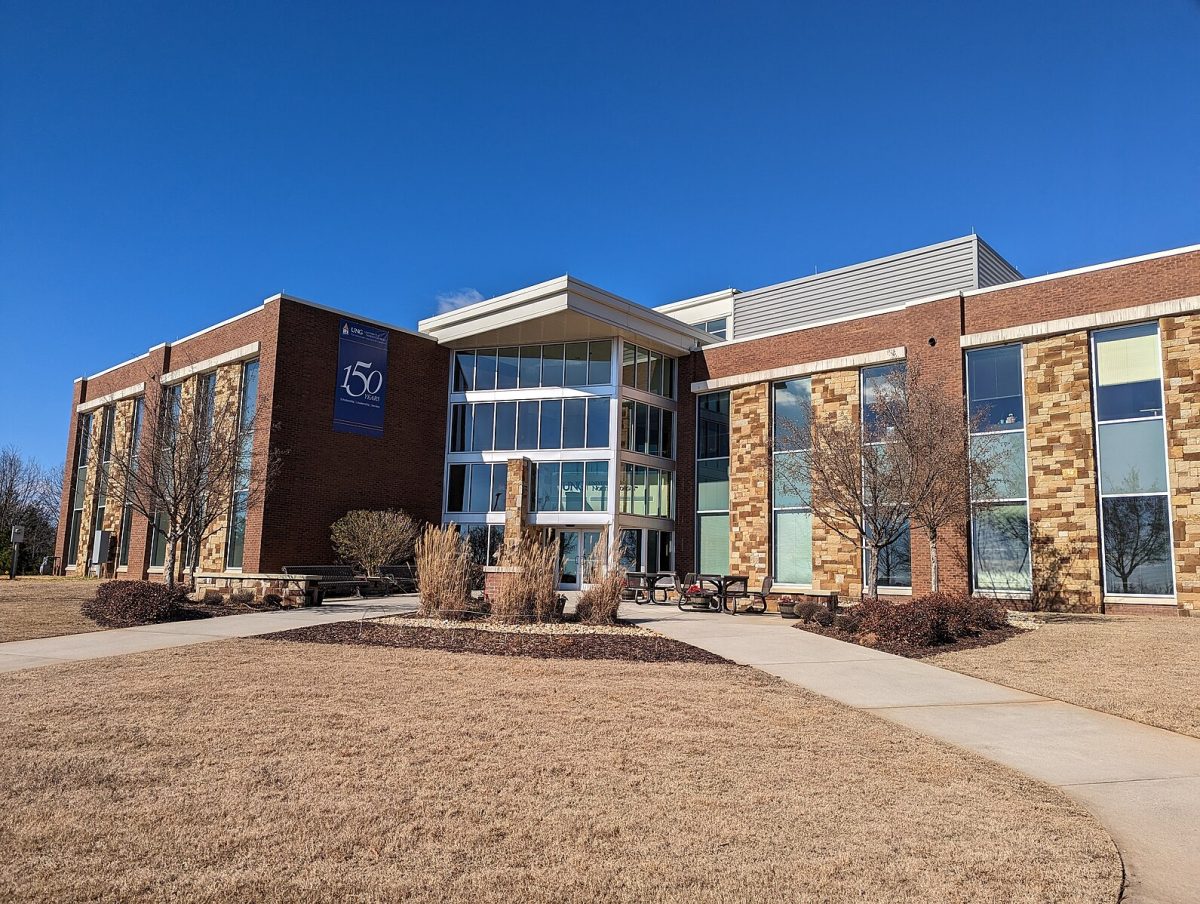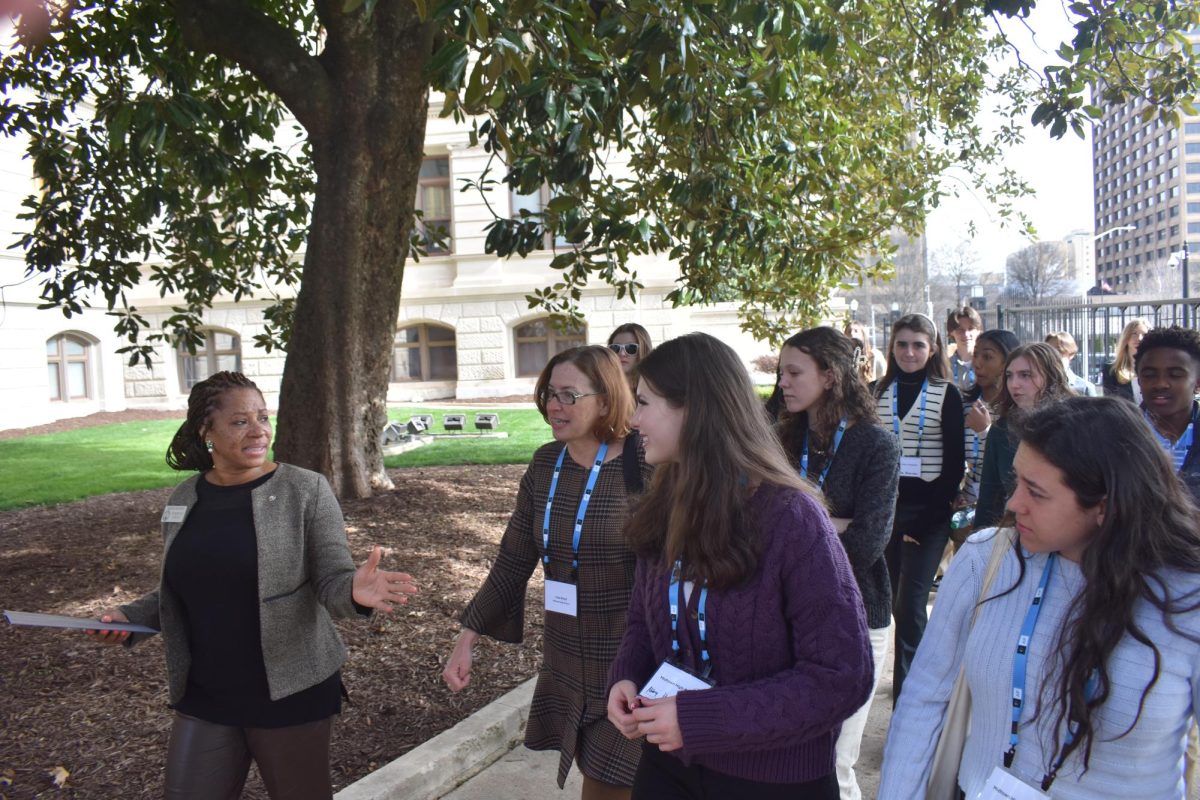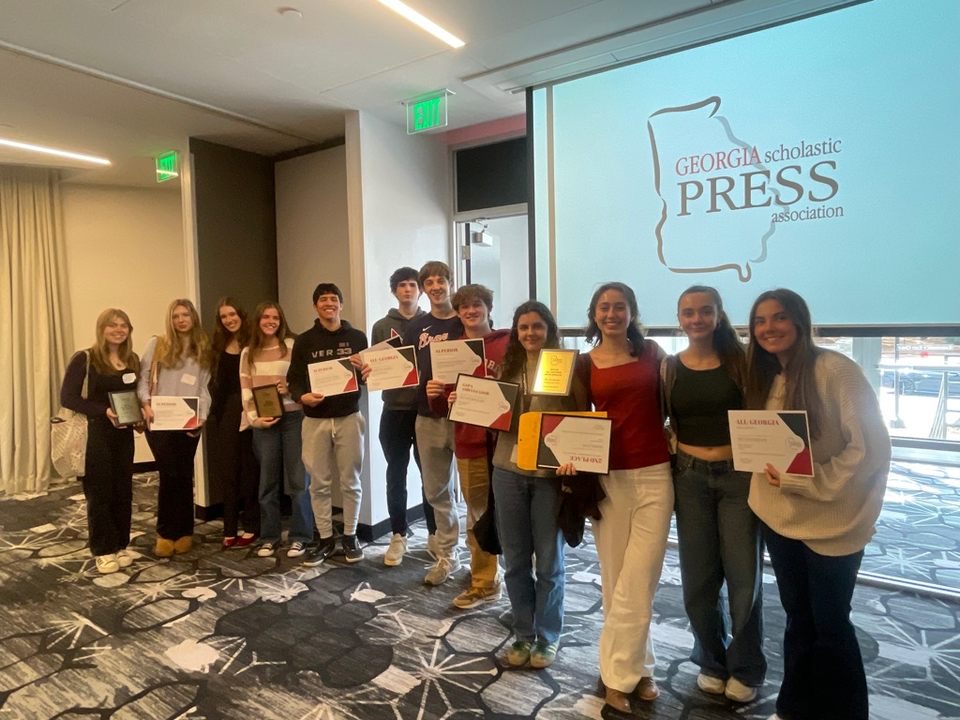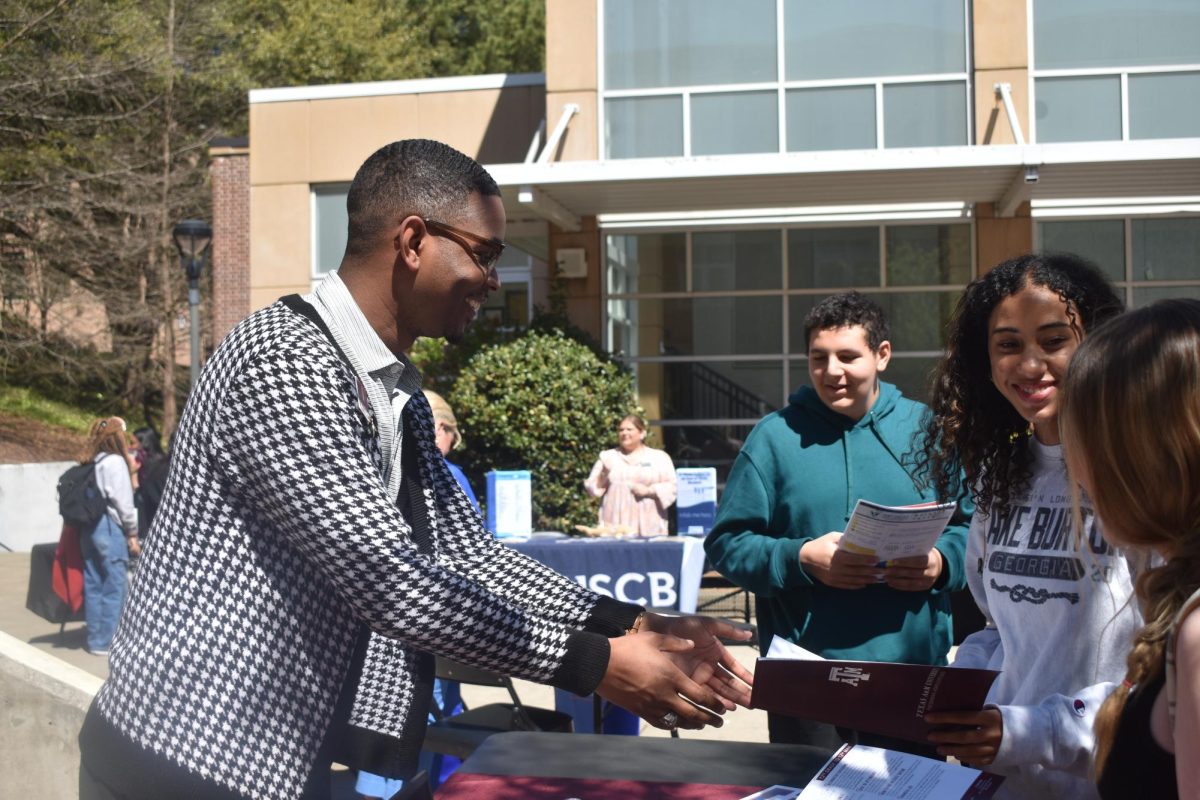By Reilly Blum and Chloe Prendergast
Disagreement between the City of Atlanta and Atlanta Public Schools has mounted over contractual disputes in the past few months. APS and Invest Atlanta signed a contract in 2005 that initiated APS investment in the Atlanta BeltLine. This required the Atlanta BeltLine or the city to make payments of $6.75 million to APS on Jan. 1, 2014 and Jan. 1, 2015. These payments have not been made; the mayor’s office is now reconsidering how the contract should be fulfilled.
The Atlanta BeltLine lacks the funds to make these payments to APS as its operational budget is only $19 million a year.
APS board chair Courtney English acknowledged that the $6.75 million payment constitutes a significant portion of the BeltLine’s $19 million budget but believes that the BeltLine ought to cut staff or make other “tough financial decisions” in order to pay APS.
Mayor Reed told a group of APS parents that the Beltline is unable to make the payments.
“The BeltLine doesn’t have the money, so when you say the BeltLine it means that the city would have to back stock the BeltLine and make the payments,” Mayor Kasim Reed said. “The check’s not going to come from the BeltLine; the check’s going to come from the City of Atlanta.”
Although APS is the largest investor in the BeltLine and did not receive its payment in 2014, the city has made all its payments to Fulton County and the BeltLine’s bond holders, Mayor Reed confirmed.
“There is a really clear part of the contract that talks about hierarchy of payment,” English said. “It very clearly says that APS’s payments are singular to [come before] all others.”
English explained that the payments to APS begin to accrue three percent montly interest if they are left unpaid, or about $3,000 a week.
 “The city has about $142 million in the bank, moving toward $160 million according to their financial documents,” English said. “The idea that you can’t make a $6.75 [million payment], at least a good faith payment, to the school system just doesn’t ring true.”
“The city has about $142 million in the bank, moving toward $160 million according to their financial documents,” English said. “The idea that you can’t make a $6.75 [million payment], at least a good faith payment, to the school system just doesn’t ring true.”
Despite the passing deadlines, Mayor Reed argues that payments to APS with this contract cannot be made until other monetary disputes between the city and APS have been resolved.
“There is $28 million that is in dispute, so prior to me making the decision to agree that the $6.8 million is owed, I want a fair accounting of the $28 million,” Mayor Reed said. “I think that’s the position most reasonable people would take.”
The money to which Mayor Reed is referred was returned to APS following a Georgia Supreme Court decision in February of 2008. The case, Woodham v. the City of Atlanta, ruled “that the proposed use of school taxes to fund the BeltLine Plan violates the Georgia Constitution because it contemplates the expenditure of school taxes for non-educational purposes.”
Along with public and private investment, the BeltLine uses the development aid of a tax allocation district, or TAD.
Invest Atlanta describes explain the TAD on its website: “Increases in property tax revenues, which are generated primarily from new investment in the district, are allocated to pay infrastructure costs or certain private development costs within the TAD.”
“From a legal standpoint—disclaimer, I’m not a lawyer– the TAD was created in 2005, we put our tax dollars in,” English said. “When the TAD was found unconstitutional, we get our tax money back. It’s really that simple. You can’t pay me with my own money. All that happened was that the TAD dissolved.”
The Georgia State University Law Review explained what this ruling meant for the BeltLine project at that time. “The Woodham decision, for example, derailed an initial $28 million installment the City of Atlanta was set to pump into the BeltLine.”
The Neighborhood Collaborative Group, a group of APS parents working to resolve several educational policy issues, is attempting to settle this issue by instigating negotiations between the city and APS.
“We have to advocate for educational funding and good government,” said Abby Martin, a member of the NCG, “…We knew [that] APS is owed the money, and we felt like it would be irresponsible if we didn’t try to advocate that the city and APS settle this in a way that’s good for the city but also good for kids in the city.”
During a Dec. 17 meeting with the NCG, Mayor Reed revealed that he had a problem with the fact that the contract called for APS to receive fixed payments from the BeltLine or the city.
“What we are trying to negotiate for was payments that were tied to a percentage of all property tax revenue collected and saying that [the school system would] receive 5 percent because then we would put in a floor so [that the city] never lost money,” Mayor Reed said, “but it would be a fairer calculation because it wouldn’t have a fixed payment because it’s not a bank; it’s a city, and we’re all partners in this endeavor.”
If the system is willing to exchanged fixed dollar payments for a more flexible fixed percentage of property tax revenue, the mayor said he will make the $6.75 million payment and then some.
“I’m also willing to pay the amount they claim are owed without dispute or litigation, so I will ignore the $28 million payment that we have made,” Mayor Reed said. “I will not ask for any accounting of that, I will move to a percentage they agree on, and I will write them a check for $7 million just so we aren’t arguing about it.”
English said that because the BeltLine is not expected to grow, this type of agreement might not favor APS in the long run.
“You will essentially ever only hit the floor, unless the BeltLine takes off,” English said. “I think it’s a good structure, but the percentage number isn’t really important. The number we should be paying attention to is the floor. All the percentage number does is ensure that if the BeltLine does take off, we can participate in that growth, which is helpful.”
The mayor, however, insists that this compromise would be in the best interest of the school system.
“The cheating scandal has chilled what used to be an enormous amount of private support,” Mayor Reed told the NCG. “So I believe that APS’s time would be better spent resolving this [matter] because whether folks like it or not, the business and philanthropic community looks to me in terms of where philanthropic and business dollars go in this town, so being in a dispute with me, and I’m trying to resolve a problem is not in the best interest of APS.”
Members of the NCG agreed that the city and school system should strive to work together amicably.
“For me, it’s just a philosophical thing about what good governance looks like,” Martin said. “You know, you really want your city to get along. You don’t want this city piece to sue that city piece–it’s kind of embarrassing, I think. It’s not the most efficient use of taxpayer dollars.”
Despite these hurdles, Martin said that other organizations, in addition to the NCG, are trying to move the city and APS towards an agreement.
“The issue has bubbled down into the neighborhood planning units, which are official city organizations, and those organizations are starting to pick up some steam,” Martin said. “Those are groups that are very different than the PTA and cluster-based groups. … Now, it’s not just the parents; other neighborhood and city-related groups [are] also encouraging our elected officials to get together. So I think it’s getting movement beyond just parents.”
English indicated that talks were underway following the mayor’s meeting with the NCG.
“I cannot say that we are close to a deal, but [the talks] have been productive,” English said. “Going from ‘I’m not going to pay you’ to having a conversation; there’s value in that.”








